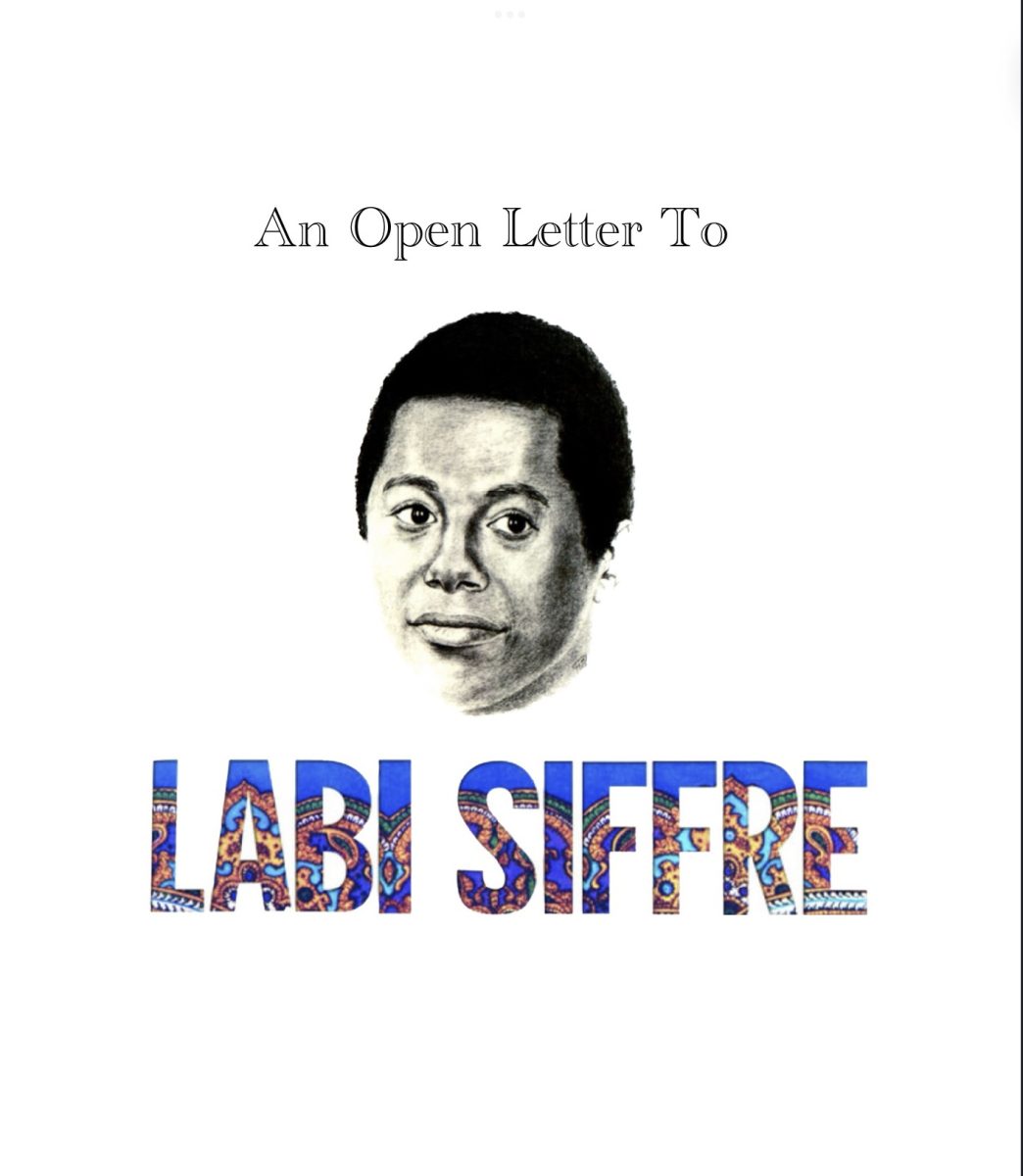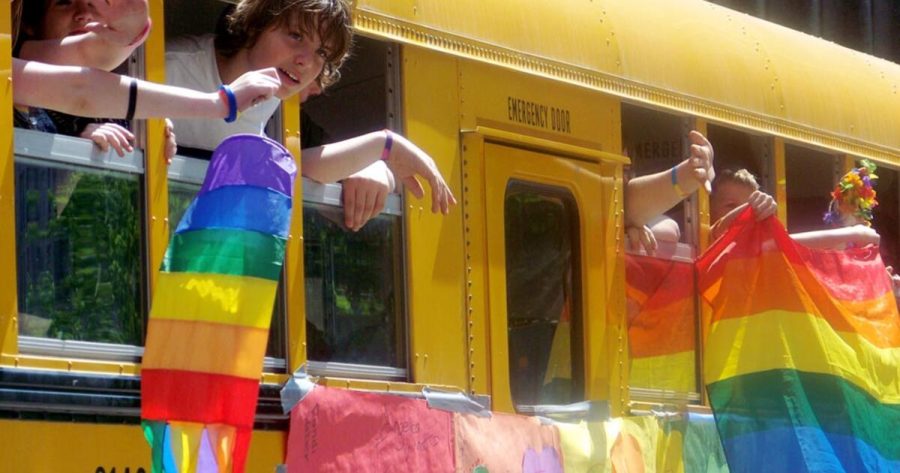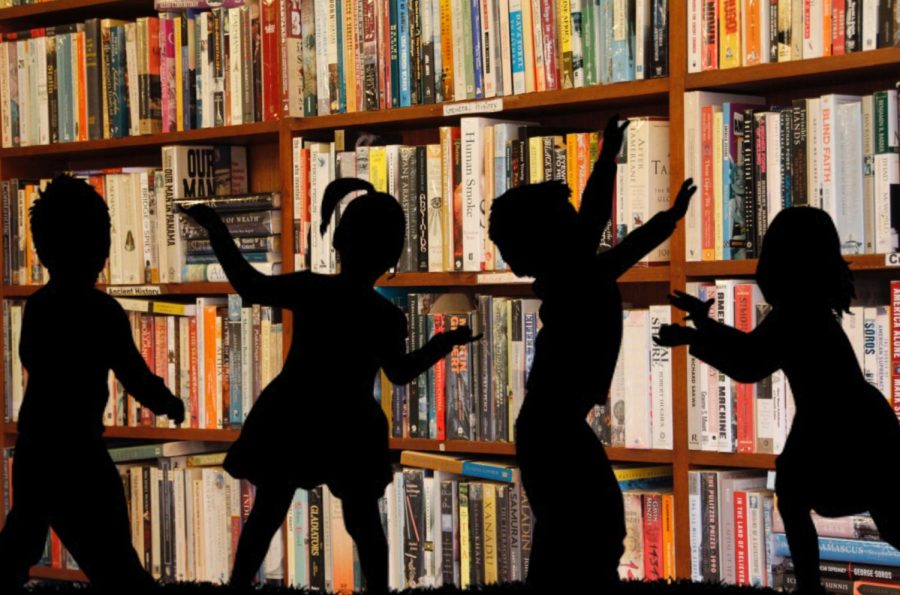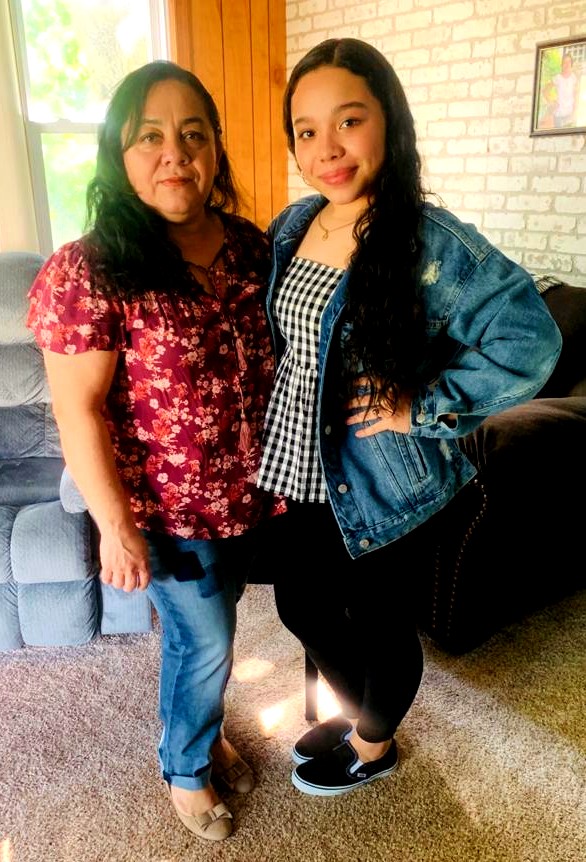Siffre, I visited Manhattan this past summer and it very much reminded me of your ‘70s genius.
You had existed for a mere twenty-six years when you showed the record stores and radio shows of the city what a hopeful and his instrumentals had to say.
You have now existed for a grateful seventy-one years, and you continue to show the hopeful that is the seventeen-year-old me that my voice and separate self matter.
As a writer, I have come to believe that we yearn for contrast more than we know. Ironically, this was my biggest fear, ever since I was a youngster. To have forged myself into one that could string words together in a special way, whatever that may have meant at ten (or even seventeen), had become a badge. Every “fun fact about yourself” ice breaker on the first day of school suddenly became about my summer poems. Every introduction to a new friend came with its own stapled Molly label: Molly Margaret Smith, a writer.
Since growing older, I have come to both accept and refute such a way to explain myself. In discovering I am a writer, you truly get the better and more passionate half of me. You may also know that the way I see the world can, at times, contrast with the ways other folk do. You also infer that I may find any annoying way to explain that to you. The eyes become the content. But, there is also that issue of the eyes becoming the content. They belong to me, after all, not the public perception of my brain.
We spend so many words explaining why we are worthy of this reputation-forming label, but why do we believe in titling ourselves if not to erase the name and the separate brain?
Siffree, you can imagine my joy upon seeing that your 1971 album was entitled “The Singer And The Song”
This title immediately allowed me to recognize the separation of the art and the artist. The human and the product. The complex being and the complex work.
The writer and the writing.
I love that we can be separate beings as our art also speaks, and thank you for showing that to my inner child.
Upon listening to the album, how highly you felt of love immediately reached me when I was in need of it most. I wasa sophomore in high school experiencing creative burnout unlike ever before. I recall my attempts to convince myself that to write yet another ballad on a Friday evening was worth my emotional drain, or that just one more chapter in the novel would deem me worthy of even being a creative. I simply could not get myself to create anymore. I would always fall asleep on the note of a failure.
But then I would board the bus the next morning and “There’s Nothing In The World Like Love” was there. It was beautiful.
You taught me that to love is to experience the world’s greatest coincidence, and we should cherish it once at our door. My cravings for another love, as fed by the music, then prompted me to take a rest from writing and pursue musical theater once more.
Siffre, this cured my burnout.
I would board the same bus and feel the sharpest sense of longing I truly believe I had ever experienced at the time. That bus simply was not the setting in which I could really show up. I knew it had been New York, and I knew my longing for the city would poison my every memory. Every hangout would become my hunger to be in the Upper West Side. Every pawn shop would become the locations near Chelsea that I could never recall the names of. I would not remember these circumstances exactly as they were, for my city was the best circumstance there was.
Siffre, I was correct, but “Summer Is Coming” was there to remind me that I would get there eventually.
Siffre, this song provided me the hope to move forward throughout the schooling that was not a university in Manhattan.
Siffre, your words “summer in the city” soon became my reality seven months in the future.
Thank you for curing a writer’s burnout in the ways that I truly yearned for. Thank you for the exploration of my true self. Thank you for the love that I sought and that I know I will seek. Thank you for allowing me to know how much bliss our lives secretly store for us.
After all, we will find the music when it looks for us. Always.








